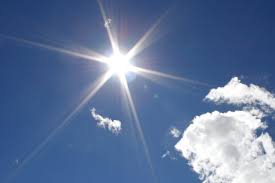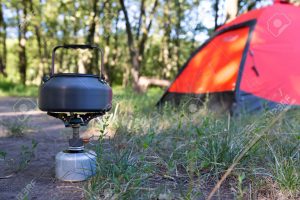
Sun Protection Advice:
Children are more at risk of sunburn than adults so it is important that you take extra care to protect babies and children. If possible, cover them up with long sleeved clothing when the sun is at its hottest (between 11am and 3pm), or if on the beach, apply a high protection factor sun screen regularly to avoid burning. If your child is under 6 months old, they should be kept out of direct sunlight entirely. Some sun creams aggravate eczema, so if you or your child has eczema, apply the emollient or steroid cream 30 minutes before the sun cream to reduce irritation. If you do get sun burnt this summer, painkillers such as paracetamol and ibuprofen can help reduce inflammation and ease pain, as well as cooling the area with cool water, aftersun and calamine lotion. Take extra care if you have lots of moles, and check for any changes in the moles due to sun damage. See your GP if you are concerned about any of the above.
See more at: http://www.nhs.uk/livewell/skin/pages/sunsafe.aspx
Campsite Cooking and Fire Safety:
Cooking on a campsite is totally different to cooking at home. Open flames and tents do not mix well, so take special care when cooking near your tent. Ensure cooking equipment is supported securely, and cannot fall over while it is on. Do not use naked flames in a tent, and be very careful about cooking equipment or barbecues, as even after they are turned off they can produce toxic fumes. If you are unlucky enough to have a fire in your tent, get everyone to safety then, if it is safe to do so, smother the flames with a heavy material, like a coat or blanket.
See more at: http://www.nhs.uk/Livewell/Healthyholidays/Pages/Campingsafety.aspx
Wasps cause most allergic reactions in the UK. If you get stung treat locally with an antihistamine cream, but see a doctor if you develop allergic symptoms such as breathing problems. Other insects that can bite or sting can also be irritating, and sometimes carry diseases. See your doctor if you are worried after being bitten by mosquitoes abroad or by a tick in the UK or abroad.
See more at: http://www.nhs.uk/Livewell/bites-and-stings/Pages/insects-bugs-that-bite-sting.aspx
Your body needs more water as the temperature rises so make sure you keep hydrated. If you are a carer of an elderly person or a neighbour who is more immobile make sure they have access to water on hot days. Ice lollies are a good way of getting more liquids on hot days and it is easy to make your own in the freezer using sugar free squash and a lolly mold (or use a plastic cup).
See more at: http://www.livescience.com/38553-staying-hydrated-in-the-heat.html





